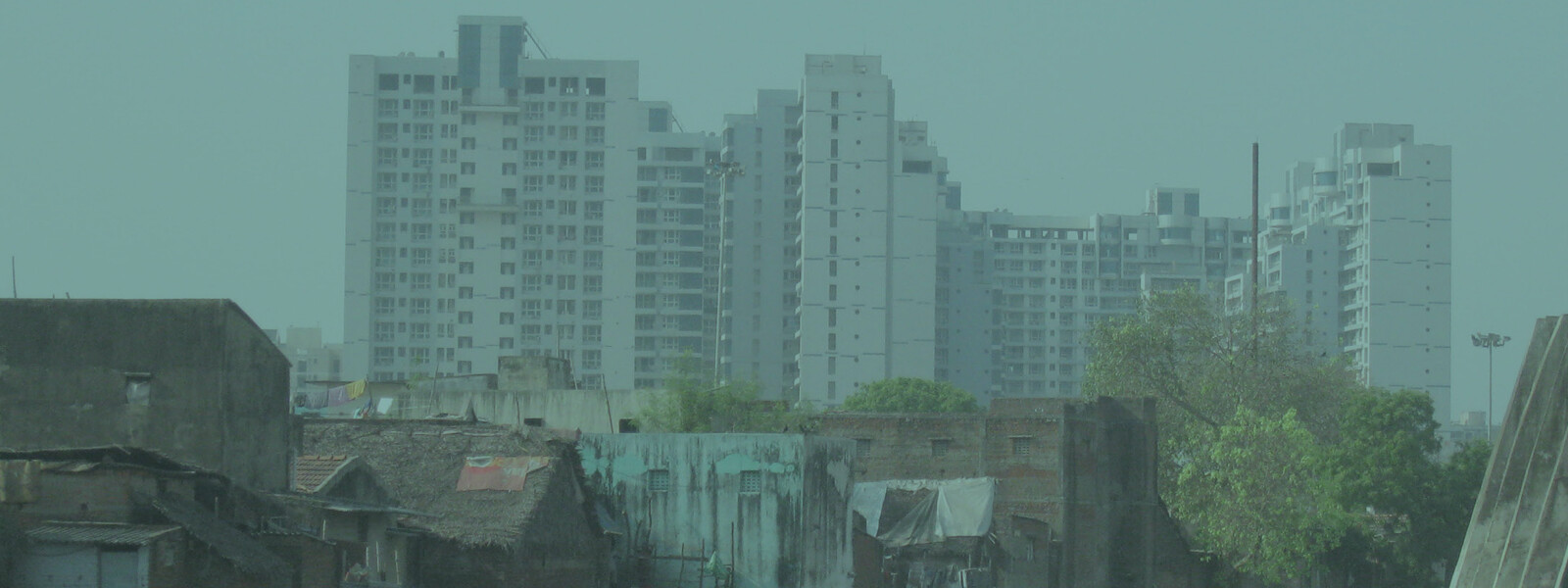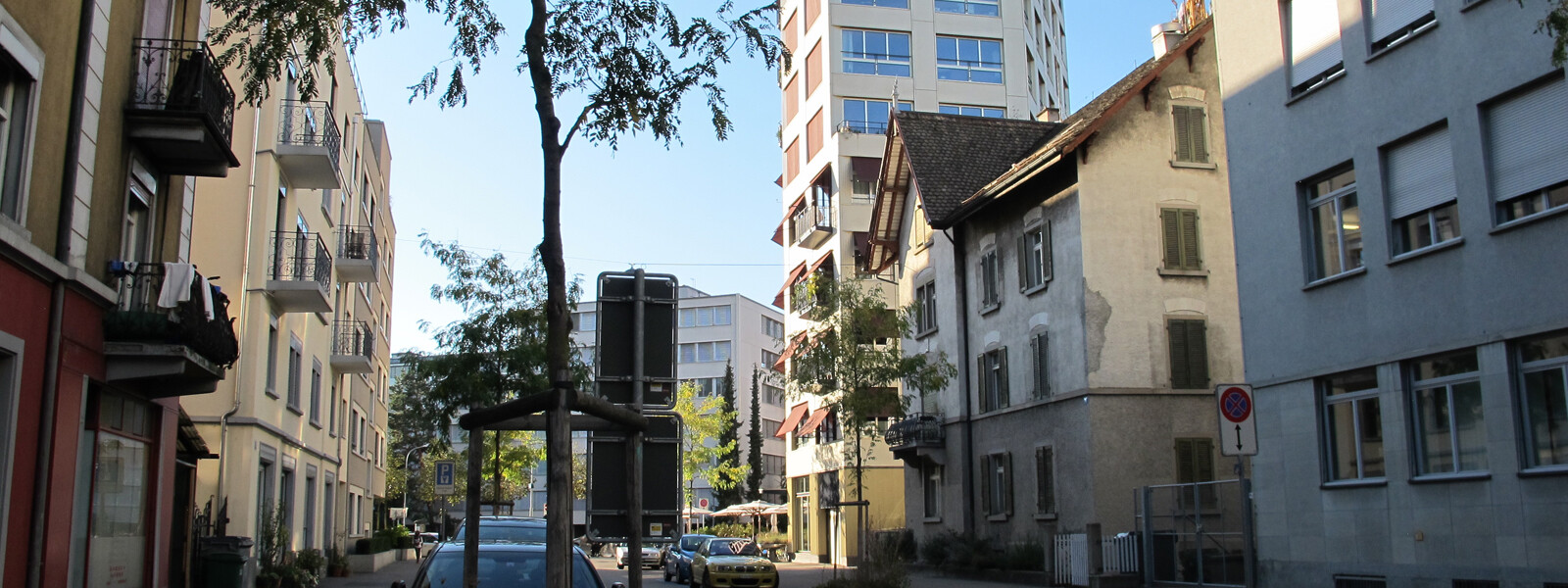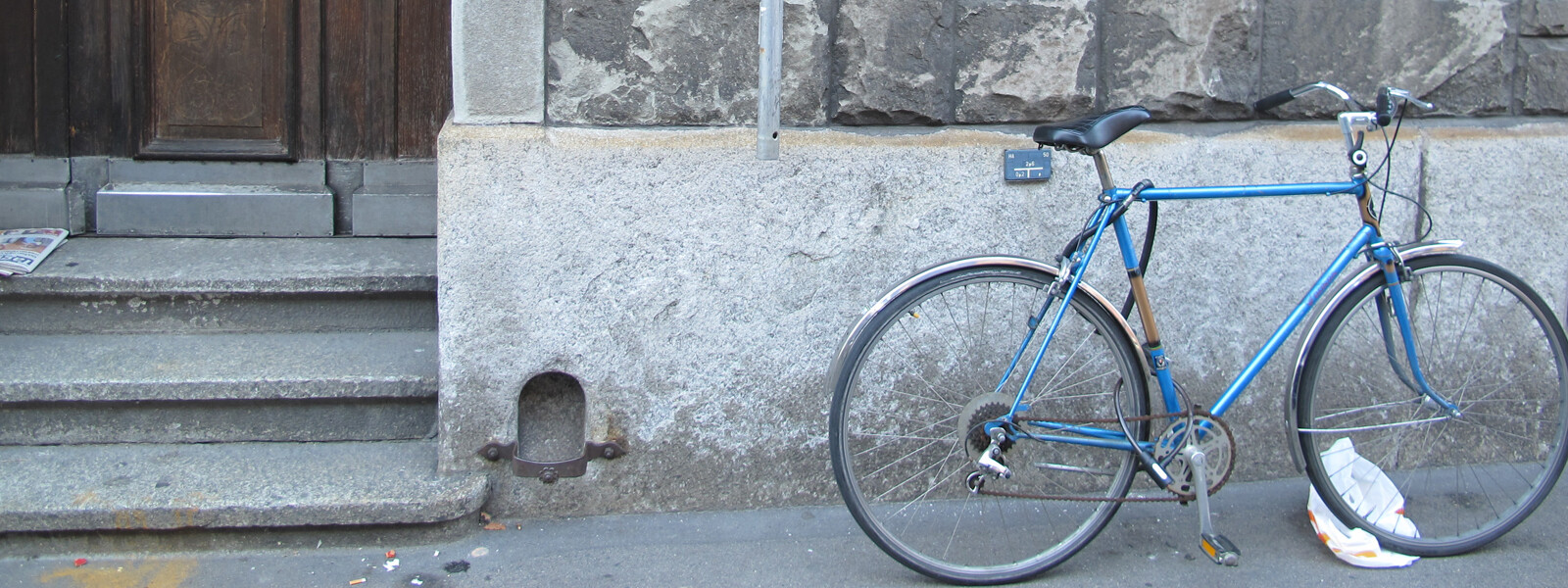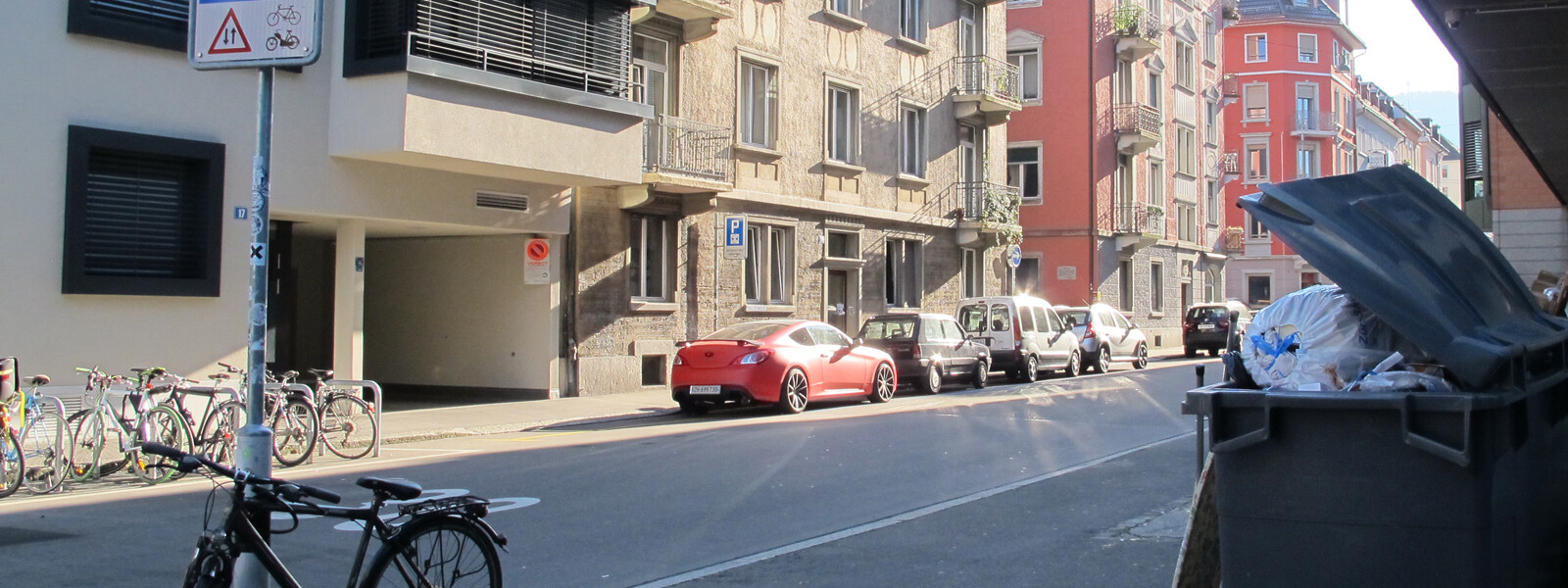Ethnography is one of the key methodologies in current urban studies. Researchers from various disciplines are now using and adapting ethnography for an ever-evolving range of purposes and different urban settings. While employed widely as an empirical research tool, the writing part of ethnography often remains methodologically vague and there is little reflection on the implications of ethnographic writing in urban studies. How do we put something into words which did not exist as text before? How does this abstraction shape the way we think the urban? And, what could this mean for building theory from the empirical? Recent post- and decolonial thoughts on deeply inscribed power relations in knowledge production now create a useful moment to critically revisit this textual rendering of urban worlds, closely scrutinized in anthropology since the 1980s.
In this contribution I reflect on ethnography in urban studies by bringing in reflections from anthropology, focussing on ethnographic writing, using my experience of research. Taking the call to always locate our projects and ourselves precisely and consistently as a starting point has led me to engage carefully with the practices of representing the city I work with. In my extended study of urbanization in Mexico City, a main concern has been to call into question conventional representations of the urban. Together with a historical analysis and experimental mapping, I drew upon ethnography for knowledge production through writing.
Doing research in Spanish, writing in German, presenting in English, I am constantly confronted with the power of language and its effects on my objectifying of Mexico City. Dealing with the complexities of writing about urban territories unknown by many readers holds particular challenges for a monolingual textual representation. The situatedness of researching, writing, and speaking finally brings me back to the politics of translation in knowledge production – and to the question of how to translate positionality and to make it work for creating spaces for a more transversal understanding between and within urban worlds.
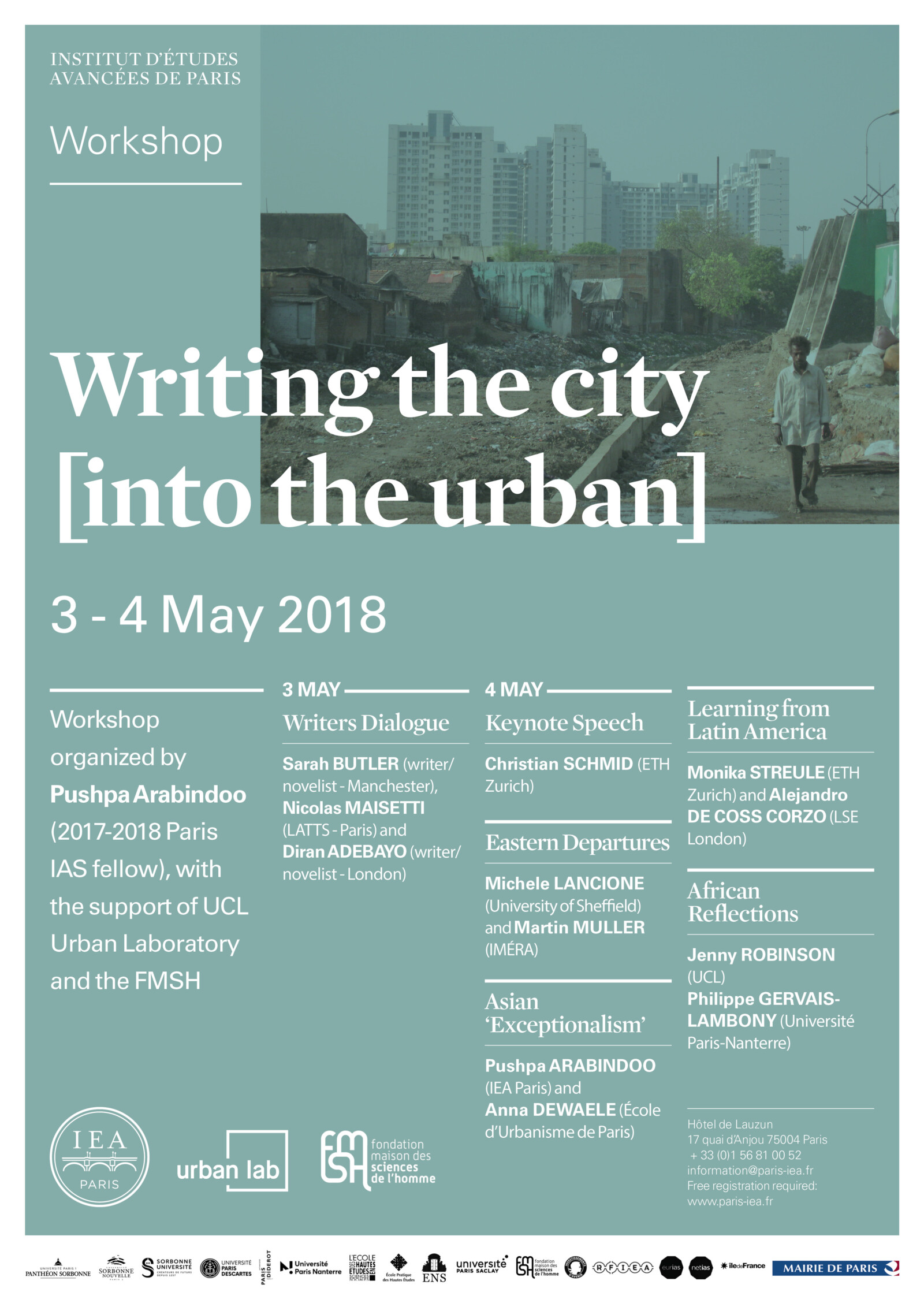
Invited paper at the Workshop Writing the city [into the urban], organized by Pushpa Arabindoo, Institut d’Etudes Avancées de Paris, May 3–4, 2018, Paris
